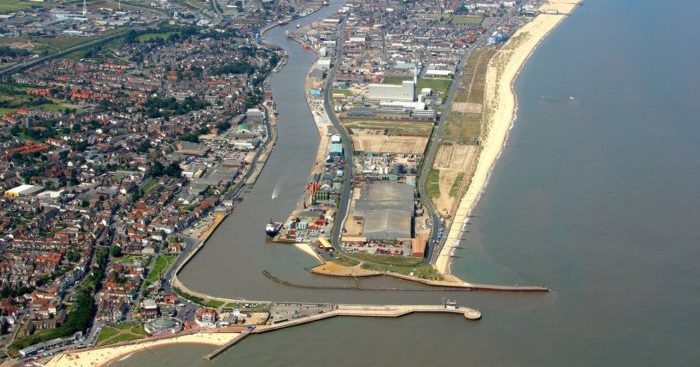The British Ports Association is thinking of expanding its coastal shipping opportunities and focus more on port connectivity schemes within the UK. Ports are a crucial part of the British economy, as they’re gateways for the 95% of UK’s international trade and they provide regional hubs for economic activity and employment.
Specifically, during the breakbulk sector gathering in Bremen during Breakbulk Europe, the BPA referred to the challenges the UK faces on the coastal shipping sector, such as transport costs and finance for cargo, shipping and port operator start ups.
In addition, Sarah Walsh, Corporate Services Manager at the British Ports Association added that the bulk cargo sector is the backbone of the ports and wider UK logistics industry. In comparison with other transport modes, shipping remains an efficient and environmentally sustainable option which the industry is keen to encourage.
We feel it is time for the UK Government and devolved administrations to consider a full review, jointly conducted with industry, to explore how the grants scheme might be adapted and made more user friendly.
… Mrs Walsh highlighted.
Moreover, the UK’s coastal shipping enables them to use the diverse range of UK ports for the short sea shipping of goods around the country and beyond. Thus, many are the opportunities available on new shipping services and business in transporting a variety of cargoes in an efficient and sustainable way.
The waterborne freight transport can also provide environmental benefits, by reducing road traffic and pollution.
In the meantime, although coastal shipping presents many advantages, the UK Government and local authorities should invest in public infrastructure to better connect ports to the UK transport network, a step that should be taken all across the UK and not only the Southeast, Mrs Walsh commented.
The benefits coming from the hinterland connections of British ports and terminals were also reflected in the UK Department for Transport’s Port Connectivity Study, published in 2018.
Mrs Walsh concluded
The ‘last mile’ between the port and trunk road, typically on local authority managed roads, and also the wider rail network need to be of a good standard and capable of providing sufficient freight capacity.”
































































